Published
- 09:00 am
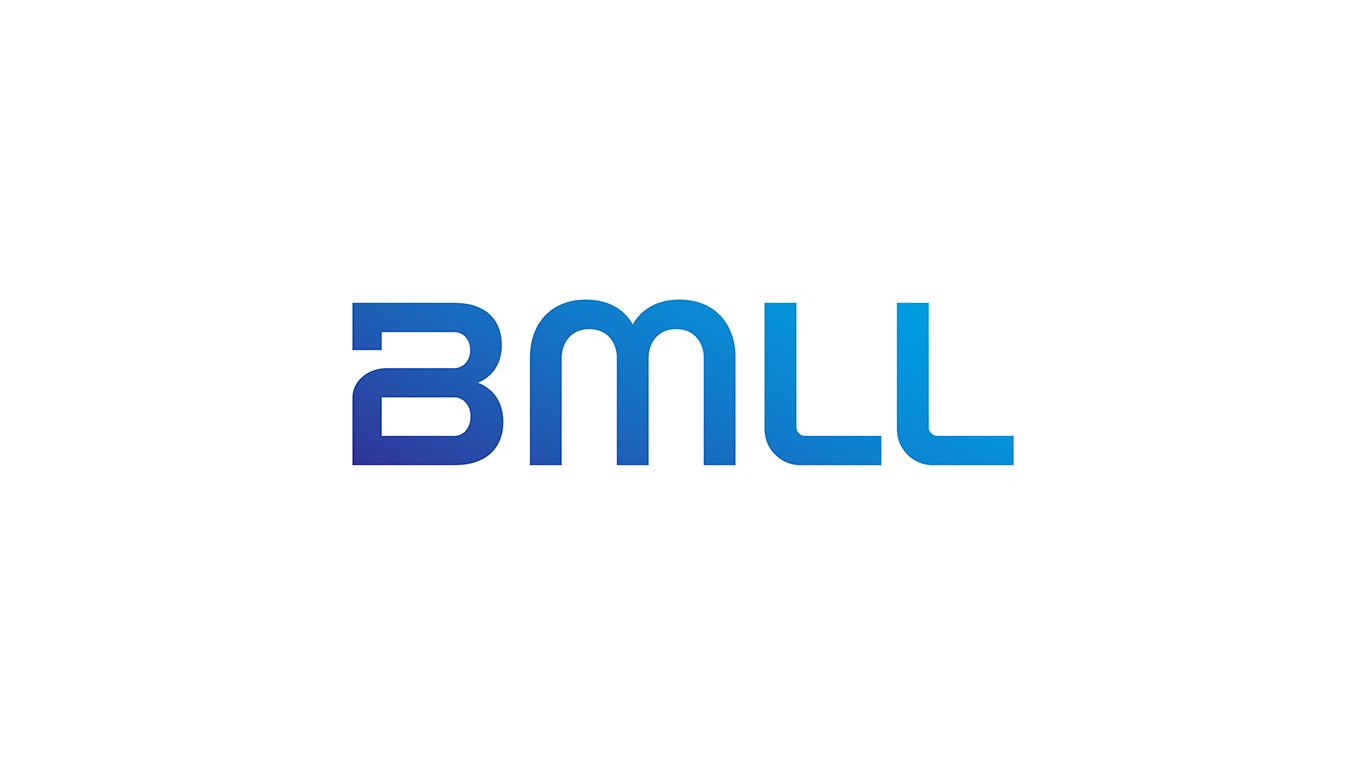
BMLL Technologies has won the “Best Management Services Solution for Market Data” award at the TradingTech Insight Awards USA 2022. The award recognises technology providers and vendors offering exceptional and innovative trading infrastructure and data solutions dedicated to the challenges faced by firms operating in the US trading environment.
BMLL was awarded “Best Management Services Solution for Market Data'' for the expansion of its world-class product offering to include global futures.
The BMLL Level 3 Futures Data product combines full-depth order book data from CME, Eurex and ICE in a harmonised format, within a scalable compute environment. This opens up the ability to do complex, Level 3 Data analysis at scale across venues and markets, covering Equity Indices, Fixed Income, Short-term Interest Rates, Commodities, Cryptocurrencies and FX. Brokers, asset managers, hedge funds, FCMs and ISVs are now able to accelerate the speed and quality of output by spending less time gathering, organising and cleaning data, and more time deriving predictive insights and back-testing strategies to generate more alpha.
Paul Humphrey, CEO of BMLL Technologies, said: “We have successfully established a track record in Equities and have recently expanded into Futures. We are delighted to have gained industry recognition for our continued innovation in providing market participants with the data and analytics they need to make sense of market behaviour and maintain a competitive edge. ”
He added: “I’d like to thank our extremely talented team who continue to deliver outstanding products and client services, making our Level 3 Futures data accessible to the wider market.”
Related News
- 07:00 am

Babel Finance, announced late last month that it had secured $80 million in a fresh investment round, valuing the crypto lender and asset manager at $2 billion. Jeneration Capital, Circle Ventures, and 10T Holdings joined current investors Dragonfly Capital and BAI Capital in the Series B investment round. A number of family offices from the Asia-Pacific area also participated in the round, according to Babel.
The valuation shows confidence in Babel Finance from many of the world's leading investment institutions and investors. With this market support, Del Wang, the Co-Founder and CEO of Babel Finance, is confident in that crypto can be a solid hedging tool to manage market volatility. Crypto miners and mining investors stand to gain.
Low-cost energy prices were formerly the primary focus for the crypto mining sector, but as Bitcoin and other tokens grew more market-oriented and mining becomes increasingly institutionalized, crypto miners require sophisticated financial services to boost asset liquidity and hedge risk.
In the crypto mining industry, there are several essential variables for successful operations, which are:
- The cost of electricity.
- The computational power of the entire network.
- The cost of mining machines.
- The currency price.
Crypto mining machines and electricity expenses are generally fixed costs. Currently, the market's financial products are largely geared to cope with currency price swings to decrease risk and boost profits.
High Yield or High Stability
Before selecting a financial product, it is vital to confirm the crypto miners' requirements for the nature of the financial product.
Crypto mining is a capital-intensive industry. Crypto miners must invest a significant amount of capital in purchasing computing power and paying for electricity. The primary objective of miners employing financial instruments is to hedge the risk of currency price volatility. Thus they want to pay for mining capacity and costs with steady earnings and cash flow.
"Crypto mining has evolved into a mature commercial activity. Pursuing high stability as a commercial activity is not just about maximizing profits," says Del Wang.
Financial Product Options
Currently, the most common financial instruments on the market take advantage of both up and down movements in the market. Crypto miners are more likely to hoard currency if the present price is low and the future outlook is optimistic. Computers and power bills, on the other hand, must be paid on regular terms. Loans backed by crypto are frequently used by miners in this situation, which is good leverage.
Another strategy is to use futures. If the present cryptocurrency price is high, miners who are pessimistic about future currency prices and will be able to sell future un-produced bitcoins at the current higher price. Miners must select the proper leverage direction according to their liquidity and risk tolerance.
Risk hedging
Hedging is a futures contract in the futures market that buys (or sells) the same commodity in the opposite direction as the spot market, trades in both markets in the opposite way, and loses money in one market while making money in the other. A profitable market exists. To meet the goal of minimizing risks, the amount of loss is about equal to the amount of profit.
The goal of hedging for miners is to eliminate or hedge risk. If miners feel that the current currency price has reached a high level and that the market may tip, they can opt to hedge to lock in gains in advance.
Risk hedging is not without costs. If the forecast for the future market direction is incorrect, and the currency price rises in the future, the benefits from the currency price increase will be lost. However, the pursuit of high risk-reward ratios is not the primary goal of institutional miners. It is critical to lock in benefits early to guarantee that miners can ride out the risk.
Final Thoughts
The cryptocurrency market will continue to be volatile, especially given the Fed's hiking of interest rates and the uncertain geopolitical situation arising amid the Ukraine crisis, believes Del Wang. No doubt mining competition will be fiercer too. The integration of financial services and crypto mining is an unavoidable tendency in the evolution of the crypto mining sector. Miners must become more self-aware, improve financial management and control skills, and avoid the raw risks associated with carrying large amounts of fixed assets. Miners can't just go for the highest possible return for financial products. It would be best to consider their liquidity and risk tolerance before deciding on an acceptable leverage direction.
Related News
- 08:00 am

Fintech startup Banfico provides Software-as-a-Service (SaaS) solutions to its client banks in alignment with the United Kingdom (UK)’s Open Banking mandate. To deliver its services at the pace of market demand while maintaining compliance with the latest industry standards, Banfico sought to adopt a fully managed cloud application platform. With Red Hat OpenShift Service on AWS, the company can rapidly build new applications with self-service provisioning and automated management processes and scale across cloud providers and regions. Built-in security certifications and automated compliance help Banfico protect its data and systems, as well as its clients’ sensitive data accessed through its applications and services.
Delivering innovative yet industry-compliant open banking solutions
Open banking, a business model that uses application programming interfaces (APIs) to safely share financial data between organizations and technologies, is transforming the banking industry by supporting more engaging, relevant customer experiences. The United Kingdom (UK)’s Open Banking Implementation Entity (OBIE) has established an Open Banking mandate to help expand the country’s retail banking market and fintech market segment.
Fintech startup Banfico provides a cloud-compatible open banking Software-as-a-Service (SaaS) platform to support customer identity and authentication, data security, and payment processing compliance aligned with the strictest industry standards. To build services at the pace of demand and deploy workloads to a secure production cloud environment, Banfico sought to adopt a managed enterprise application platform.
“Our focus is on quickly building and deploying the right applications for our customers. We don’t want to be delayed by managing complex infrastructure,” said Kannan Rasappan, CEO, Banfico. “As a financial services provider, we also need to comply with security regulations, including maintaining ISO-27001 [International Organization for Standardization] certification. We need to build our applications to meet these regulations and meet each customer bank’s requirements, without having to start from scratch each time.”
Speeding cloud application life cycles with a managed platform from Red Hat and AWS
Already an active participant in the OpenShift open source community, Banfico decided to use Red Hat OpenShift Service on AWS as the new foundation of its cloud application environment.
“When we participated in the beta program and then as an early adopter of OpenShift Service on AWS, we were impressed by the joint support from Amazon and Red Hat to deliver a 99.95% uptime SLA [service-level agreement] and provide the robust security we need to serve enterprise clients,” said Rasappan.
Jointly billed, managed, and supported by Amazon Web Services (AWS) and Red Hat, OpenShift Service on AWS provides access to more than 170 AWS services—including computing, database, analytics, machine learning (ML), networking, mobile, and more—on Red Hat OpenShift, an enterprise Kubernetes container platform for developing, deploying, securing, and scaling applications faster.
Banfico has now migrated more than half of its 35 banking clients to the new platform, with plans to migrate the remaining clients over the next year.
Simplifying development, deployment, and maintenance of reliable, relevant SaaS solutions
Expanded open banking partnerships with aggregated API platform
Integrating with and providing access to Third-Party Providers (TPPs) is key to open banking operations. With an aggregated API platform hosted on Red Hat OpenShift, Banfico’s marketplace partners can more easily connect to Banfico’s systems and teams in a compliant, security-focused way. The bank’s open banking aggregation services, initially launched in Brazil, have grown rapidly to support additional partners and business opportunities.
“We’re working with our partners to let TPPs leverage their APIs as well, building solutions with unique value propositions for current and potential clients,” said Rasappan. “This market positioning helps us grow our API volume—and our business—at a scale that would not be sustainable if we were trying to build these services alone.”
Created scalable foundation for global business growth
A flexible yet stable and security-focused cloud environment helps Banfico uphold its brand reputation by delivering valuable services and support to clients around the world. Running a single global platform across many regions, from Brazil to Europe and beyond, provides consistency for both internal and customer-facing operations. Additionally, the hybrid flexibility of Red Hat’s vendor-agnostic container platform lets Banfico deploy to other cloud providers as needed to meet customer requirements—all under central, pay-as-you-go pricing.
“Many businesses promise the realization of open banking but are unable to deliver,” said Rasappan. “With Red Hat OpenShift Service on AWS, we can not only deliver solutions aligned with the Open Banking mandate to our current customers, but have even picked up new business from banks that have been let down by other developers.”
Achieved near-instant application delivery times
For fintech startups, rapidly delivering new applications to meet the demand for digital services is key to competing with traditional financial services providers.
Banfico’s self-service deployment approach provided by OpenShift Service on AWS lets developers provision and access infrastructure and command-line tools on demand. Now, the company’s teams can create new, fully managed clusters in seconds. Even as demand for new services grows, Banfico can take advantage of cluster node scaling to easily add or remove compute nodes to its Red Hat OpenShift to support development and production cloud capacity needs.
In addition, automated development workflows, templates, and performance monitoring capabilities help Banfico’s development and operations teams focus on creating and delivering innovative solutions for customers, rather than completing routine, manual maintenance processes.
“Our previous architecture required at least 25 minutes of downtime and completion of expensive management governance processes to launch new releases,” said Paulo Barbose, Chief Operating Officer (COO), Banfico. “Red Hat OpenShift Service on AWS helps our teams create the infrastructure they need, when they need it, to deliver the latest features and updates. We can also monitor and control costs to optimize our resource use but keep our operating expenses lean.”
Enhanced security with built-in, automated compliance
Banfico’s SaaS platform must remain fully compliant with the latest security regulations, such as the European Union (EU)’s Payment Services Directive 2 (PSD2). Red Hat OpenShift Service on AWS includes built-in PSD2 compliance, as well as SOC 2, ISO/IEC 27001, and Payment Card Industry Data Security Standard (PCI DSS) certification. Automated security enforcement and deployment processes help protect Banfico’s systems and data—as well as those of its customers— while supplying a clear audit trail.
“Security is as important as speed to our success,” said Barbosa. “We can rely on Red Hat and AWS to ensure our compliance with the latest standards and regulations, and our customers can see at a glance that we meet the requirements demanded by some of the world’s largest banks, even at massive scale.”
Keeping pace with rapid business growth and industry change
After successfully establishing a modern container strategy in a flexible public cloud, Banfico plans to expand its use of Red Hat OpenShift Service on AWS as its business grows, in line with its longterm strategy of experimentation and innovation.
“We are technologists. We want to make the most of our new technology investments,” said Barbosa. “Red Hat OpenShift Service on AWS is fundamental to our way of working, with open Kubernetesand community-based flexibility and responsiveness to meet the fast pace of the banking industry.”
“Red Hat OpenShift is helping us build the technology stack for the future in terms of availability and scalability. We’re glad RedHat can advise and help us drive a competitive business,” said Rasappan.
Related News

Aaron Begner
GM of EMEA at Forter
It’s no surprise that Apple has introduced a buy now, pay later (BNPL) solution with Apple Pay Later, with BNPL offering an efficient and user-friendly way for consumer see more
- 06:00 am
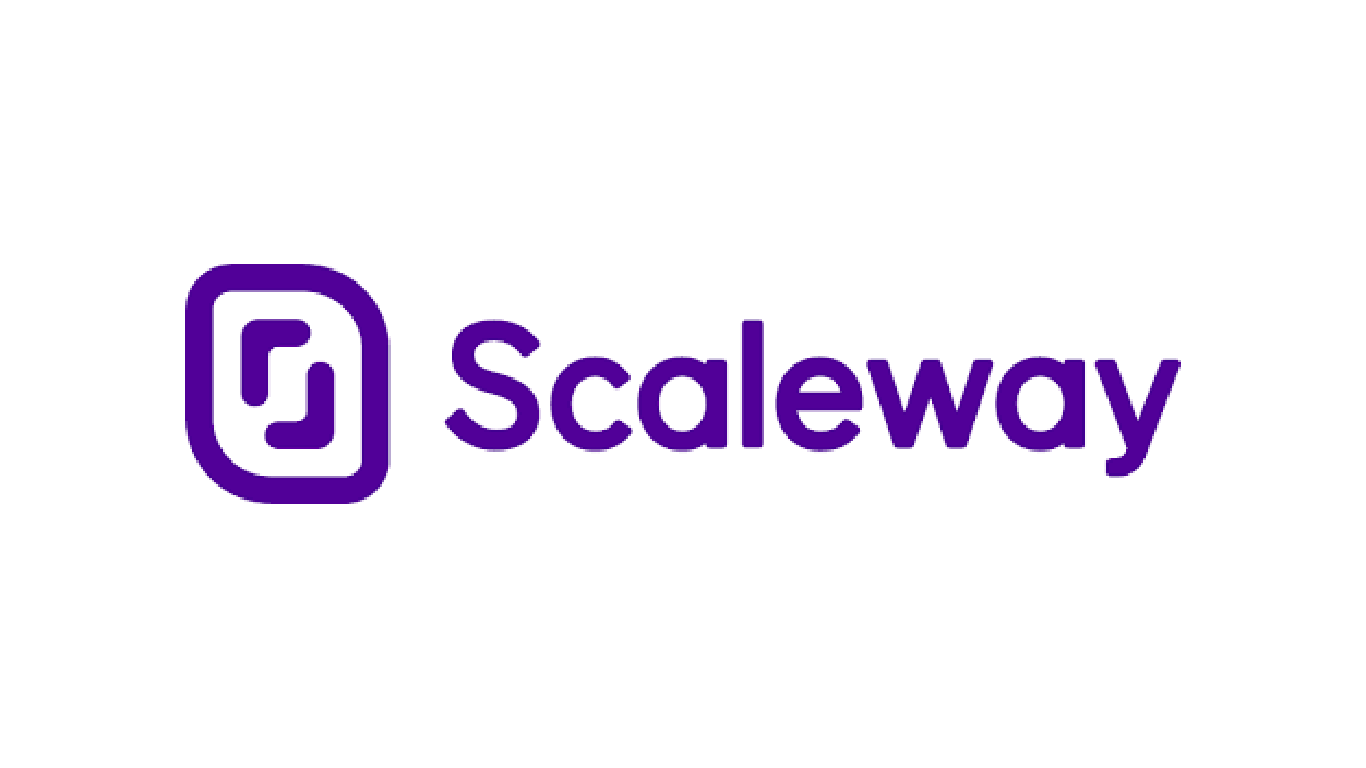
Scaleway, the cloud of choice, today releases the latest generation of high-end production instances, PRO2, powered by 3rd Gen AMD EPYC™ 7003 processors. This processor is only available by complete cloud ecosystems, and Scaleway is the only European provider currently selling them. The new line offers flexible ratios of CPU to RAM to cover all customers' infrastructure needs.
As the cloud market evolves, customers are looking for better ways to increase the performance, cost, and energy efficiency of their most intensive compute workloads, all while providing a resilient backbone to their application architecture. PRO2 represents the best Scaleway has to offer to the fastest-growing customers. PRO2 Instances, seamlessly integrated with most Scaleway products (Kubernetes Kapsule, LoadBalancer, Block Storage...), provide a complete solution and help customers significantly improve the performance, cost, and energy efficiency of their workloads running on Scaleway infrastructure.
“As customers have increasingly compute-intensive workloads, and as their storage and networking demand also grow, they are looking for improved price/performance ratio and energy efficiency. We consistently challenge ourselves to meet their needs and offer just that: game-changing products using the latest technology to enable our users to run their most critical workloads, with significantly better performance, cost savings and energy efficiency than anywhere else.” Audrey Pedro, CPO, Scaleway.
Improved performance
Scaleway’s new PRO2 Instances provide up to 37% better performance than the previous generation GP1 for production workloads, with improvements in all aspects: processor, storage, and bandwidth.
The higher performance of PRO2 Instances makes it possible to run a wide range of compute-intensive workloads in all production environments more efficiently.
PRO2 Instances offer the best price/performance ratio on the market
Compared to equivalent Instances supported by 3rd Gen AMD EPYC™ 7003 Series processors, PRO2 allows users to benefit from the same high-performance hardware at a 40% lower infrastructure cost than AWS, GCP, Azure and Digital Ocean.
Technical specifications and features
- Processor: 2 to 32 vCPUs
- Processor type: 3rd Gen AMD EPYC™ 7003 Series
- Memory: 8 to 128GB RAM
- Memory type: DDR4 ECC
- Storage: Block Storage on demand
- Storage type: Full SSD
- Bandwidth: 350 Mbps to 6 Gbps
- Service level: 99.99% SLA
- Available zones: PRO2 is available in PAR-2, AMS-2 and WAW-1 Availability Zones
- Solid features for reliability: security groups, VPC features with Private Networks and Public Gateway, snapshots with point-in-time recovery
- PRO2 Instances are easily available for container architecture
- Pricing: From €0.055/hour, before tax
Related News
- 03:00 am
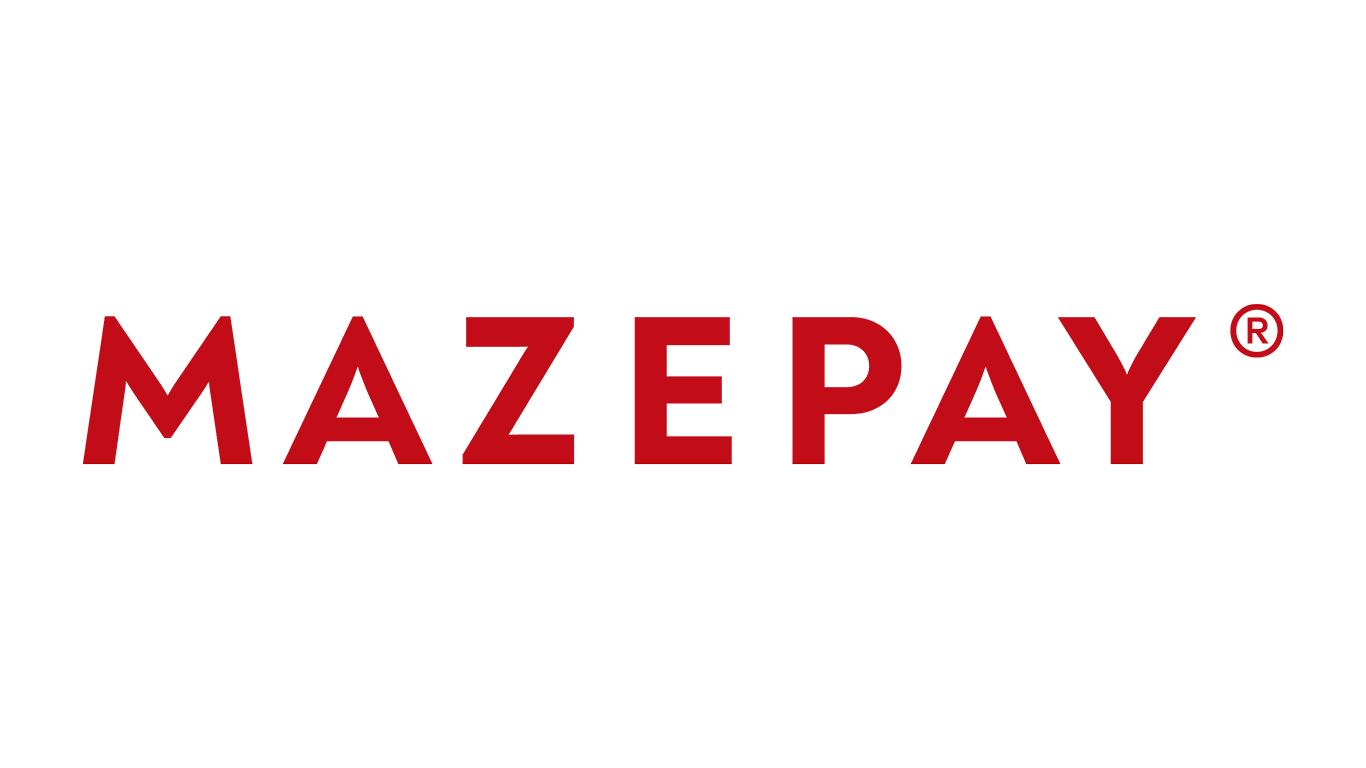
Søren Aabel Hammer, Founder and CEO of Mazepay, comments: “When enterprises onboard and maintain long-tail suppliers within their own complicated legacy systems, the cost and resources required to operate increases exponentially as complexity grows. This is exactly the problem that we at Mazepay are solving. The licence granted by the Danish Financial Supervisory Authority adds further legitimacy to our platform and means we can begin to operate as a payments institution in Europe. Our solution matched with the license will act as a springboard as, in the future, we look to further expand globally and add a number of additional features and offerings to remove the needless complexity and cost out of corporate spending.”
Kevin Chong, Co-Head of Outward VC, comments: “B2B payments are compliance heavy, manual and generally an archaic experience compared to B2C payments, presenting a major opportunity for Mazepay to streamline and automate the process. The issuing of the payments institute licence is a critical step for Mazepay to deliver a transformative B2B payments experience for its customers.”
Related News
- 04:00 am
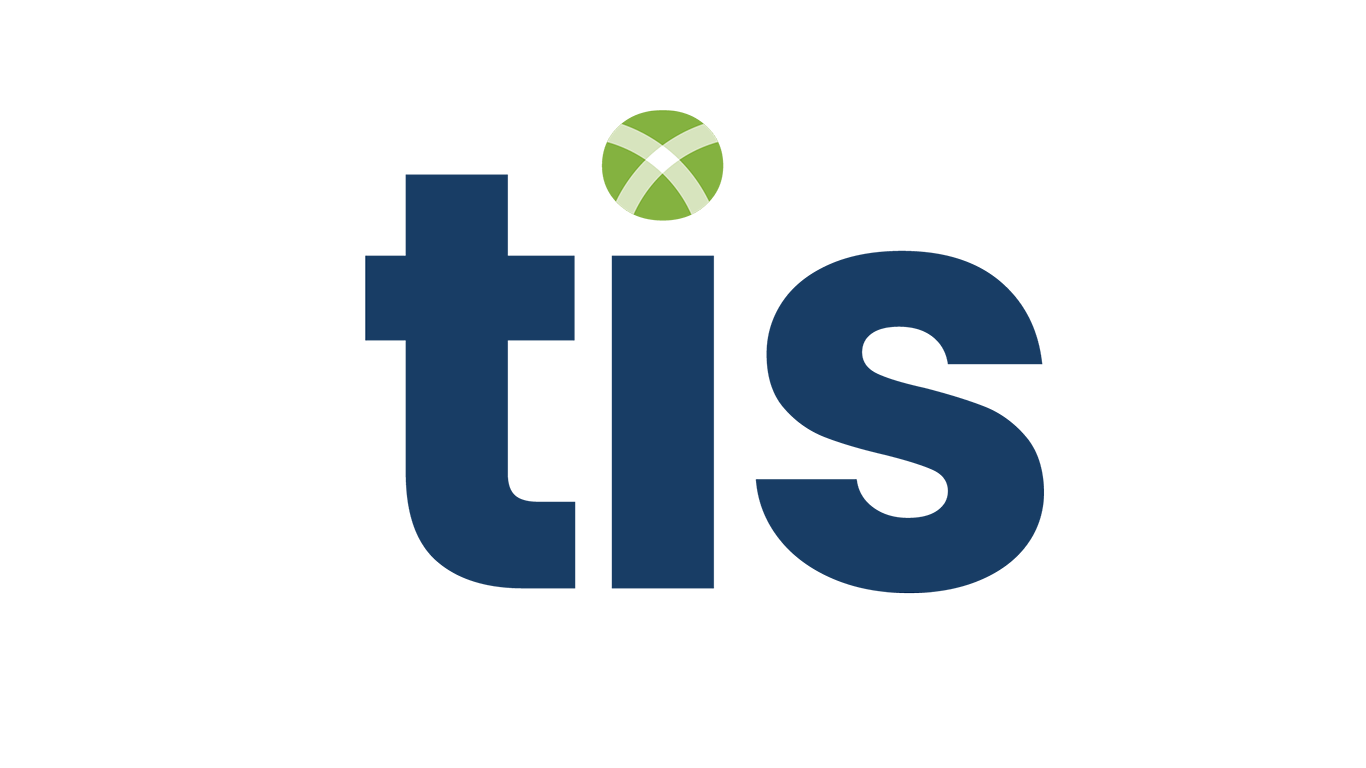
Treasury Intelligence Solutions (TIS), a global leader in enterprise payment optimization, today announced its acquisition of Cashforce, an AI-powered provider of cash management and forecasting solutions.
This acquisition will see Cashforce's leading cloud solution - currently deployed at many of the largest and most sophisticated corporate treasuries in the world - become integrated with TIS' SaaS payments platform. This unified solution will provide enterprises with an unmatched suite of capabilities for cash management, global payments, and fraud mitigation along with superior connectivity, workflows, and reporting functions.
Over the past few years, TIS and Cashforce have collaborated closely to provide a complementary offering for treasury and finance teams. These efforts were met with immediate success in the market as demand for improved cash management and forecasting tools have risen sharply. Now, TIS' acquisition of Cashforce presents the perfect opportunity to integrate both products together as part of a more complete offering.
For the thousands of enterprise treasury and finance practitioners who currently use TIS, this acquisition provides access to faster and more accurate cash reporting, forecasting, and working capital management. To date, cash positioning and forecasting are still being performed manually by many treasury groups, which represents a major pain point for CFOs and business leaders when attempting to make strategic financial decisions. However, the robust capabilities provided by Cashforce eliminate many of these inefficiencies and ultimately enable companies to gain quick and accurate insights into their financial position based on reliable payments and liquidity data.
According to Erik Masing, Group CEO of TIS, "Cashforce has been a premier partner of TIS for several years and has contributed significantly to the cash forecasting and management capabilities we offer clients. The acquisition is a natural extension of our business and will allow TIS to further integrate Cashforce's solution with our platform in order to offer advanced forecasting and data management capabilities to all our clients. This means enterprises can significantly reduce complexity in their global payments and cash management tech stacks by leveraging standardization and transparency afforded by a single, elegant solution."
For Cashforce, the acquisition means that existing clients can now supplement their robust forecasting capabilities with TIS' industry-leading payments and bank connectivity features. As explained by Nicolas Christiaen, Founder and CEO of Cashforce, "Giving businesses complete visibility over their cash and liquidity data has always been the core objective of Cashforce. While we have spent years perfecting our capabilities in this regard, TIS has been strengthening their suite of payments, bank connectivity, and cash management tools. When combined, these two sets of capabilities form the ideal solution for global treasury and finance teams to achieve full control and visibility over their entire payments and liquidity architecture - including all entities, back-office systems, and banks."
With the added capabilities of Cashforce's solution, TIS now offers a single, scalable cloud platform for clients to address needs in the following areas:
- End-to-end payment processing and bank statement management
- Global bank connectivity and financial messaging
- Real-time cash positioning and liquidity management
- Multifaceted cash forecasting, cashflow analytics, and working capital management
- Bank account management and bank documentation management
- Payment compliance and sanctions screening control
- Treasury security, regulatory compliance, and fraud mitigation tools
Related News
- 08:00 am
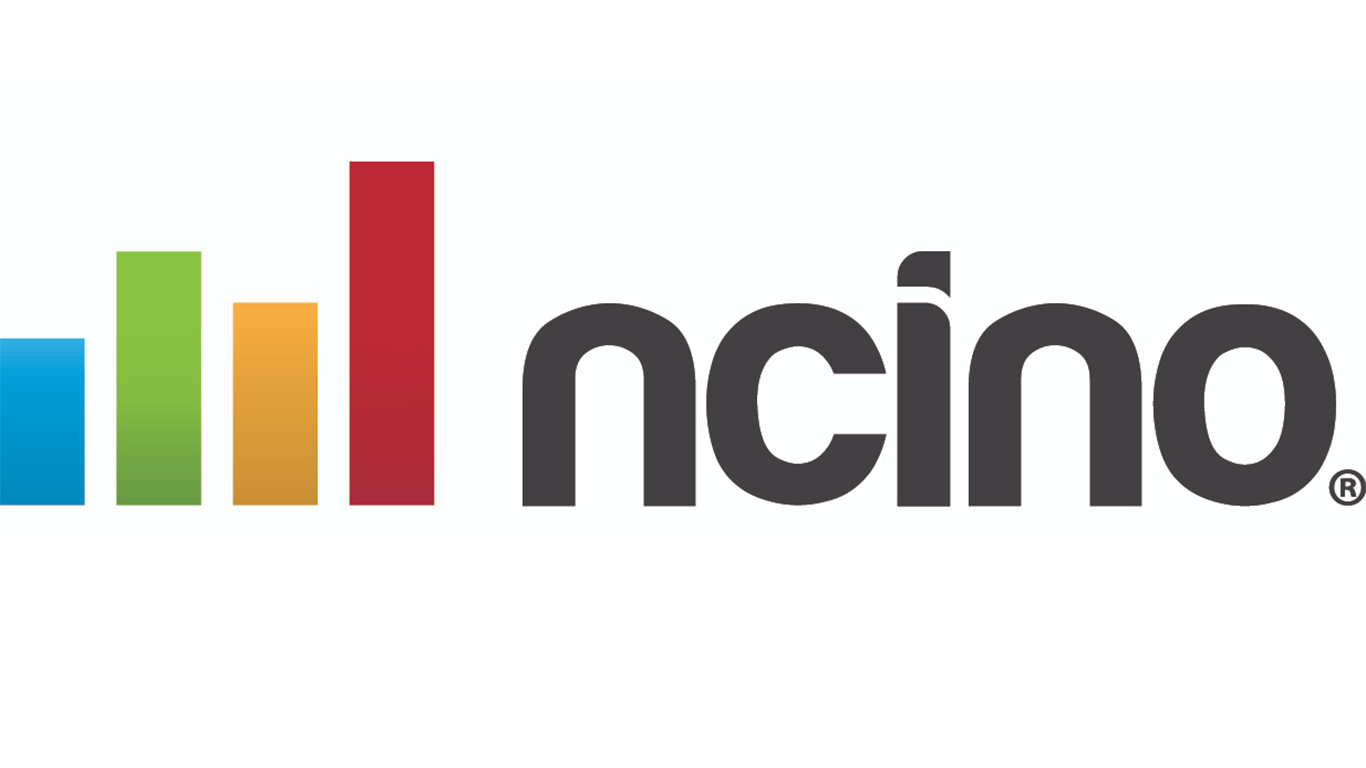
nCino, Inc., a pioneer in cloud banking and digital transformation solutions for the global financial services industry, today announced the winners of the nCino Financial Services Impact Awards, the company’s second-annual customer awards program. This year’s nominations were judged by a team of analysts at Celent, a member of the Oliver Wyman Group and the leading research and advisory firm focused on technology for financial institutions globally.
nCino’s Financial Services Impact Awards aim to recognize nCino customers of various asset sizes from around the globe for how their use of the nCino Bank Operating System® has positively influenced the financial services industry. The nominees this year consisted of nearly 20 institutions from multiple countries, across a variety of asset sizes and multiple business lines including corporate and investment banking, commercial banking, retail banking, mortgage lending and agriculture lending. Finalists were recognized at nSight 2022, nCino’s annual user conference, for their game-changing achievements in client service, contributions to their communities and improvements to their employees’ experience across three categories: Innovation, Reputation and Speed.
The 2022 winners of the nCino Financial Services Impact Awards are:
- Innovation: Texas Farm Credit;
- Shortened employee onboarding time from 1 year to 2 weeks.
- Reputation: Great Southern Bank;
- Went from re-keying the same data 8 times through the application life cycle to only 2 times.
- Speed: Natixis Corporate & Investment Banking (Natixis CIB);
- Provide the ability to automatically capture part of the financial statements to reduce the operational time completion and anticipate coming challenges in terms of regulatory data requirements.
Celent assessed each nomination for how it met the parameters of the category for which it was submitted. These criteria included the customer’s use of the nCino platform; the challenges that were overcome; quantitative and qualitative results; and the customer’s larger impact on their clients and the financial services industry. A monetary donation was made on behalf of each of the three winners to a non-profit organization of their choice.
“While every nominee we evaluated demonstrated immense value to their clients, this year’s winners comprehensively demonstrated major achievements across all five assessment dimensions,” said Dan Latimore, Chief Research Officer at Celent. “All of the nominees should be extremely proud of the digital transformation journeys and positive impacts they’ve made on their clients, employees and communities over the past year.”
“We’re grateful to Celent for their support of our annual Financial Services Impact Awards and acknowledging the accomplishments our customers have achieved through their use of the nCino platform,” said Sean Desmond, Chief Customer Success Officer at nCino. “nSight provides the perfect opportunity to recognize and showcase how our distinguished customers are enhancing experiences for their clients in terms of digital transformation.”
Related News
- 08:00 am
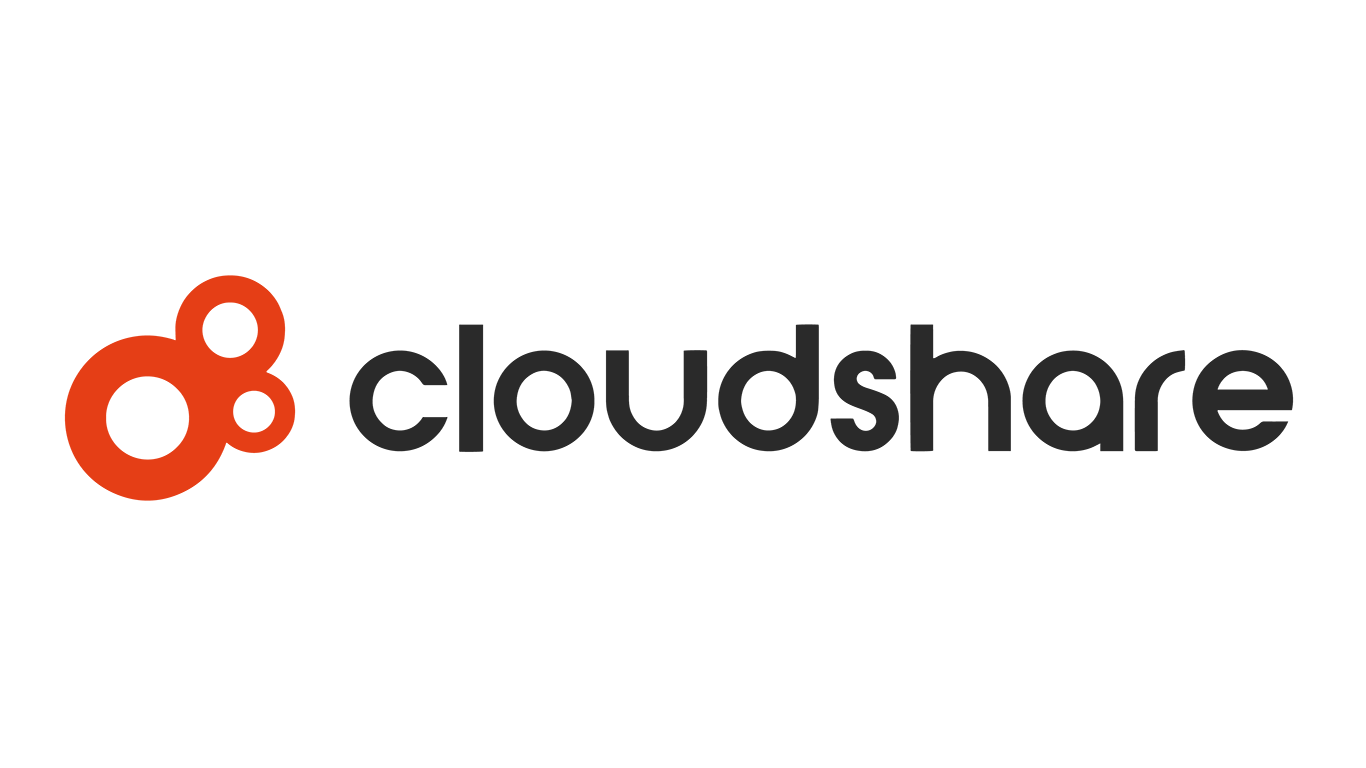
CloudShare has integrated its product experience platform with Hubspot. B2B software marketers can now access data on product competency and engagement of their customers and prospects directly from Hubspot's platform, streamlining operations, improving marketing opportunities, and reducing the risk of customer churn.
B2B software marketers need visibility into how customers and prospects are interacting with their products, so they can improve product experiences. For example, by monitoring the extent to which a prospect is engaged during a product proof-of-concept (POC) or product training, marketers can proactively address concerns and respond to opportunities.
CloudShare collects data on product participation during POCs and training sessions. Now seamlessly accessed from Hubspot, CloudShare’s data allows marketers to monitor product engagement levels directly from their Hubspot platform. This cross-departmental collaboration streamlines the management of a customer’s journey, from sales to onboarding and training.
“CloudShare is dedicated to doing everything possible to help its customers reduce costs and save on resources, especially in times of recession,” said Muly Gotlieb, Chief Technology Officer at CloudShare. “Our integration with Hubspot is a part of this strategy: Enrich your CRM with crucial data on how engaged your prospects and customers are with your product, and you’ll more quickly be able to derive conclusions about your sales and training operations, allowing immediate corrective actions to optimize your POCs, close more deals, and make sure your customers are fully competent on your products to raise customer retention, which is more crucial today than ever before.”
The integration with Hubspot is the latest in a series of product releases from CloudShare aimed at improving product engagement and experience. Earlier this year, CloudShare announced an integration with Salesforce as well as in-app video conferencing and multi-instructor functionality.
CloudShare also recently enhanced the analytics capabilities in its platform to expose in-class participation rates and drop-off rates, who participated in POCs and for how long, etc., allowing software organizations to finally measure POCs and customer training ROI effectively.
Related News
- 01:00 am
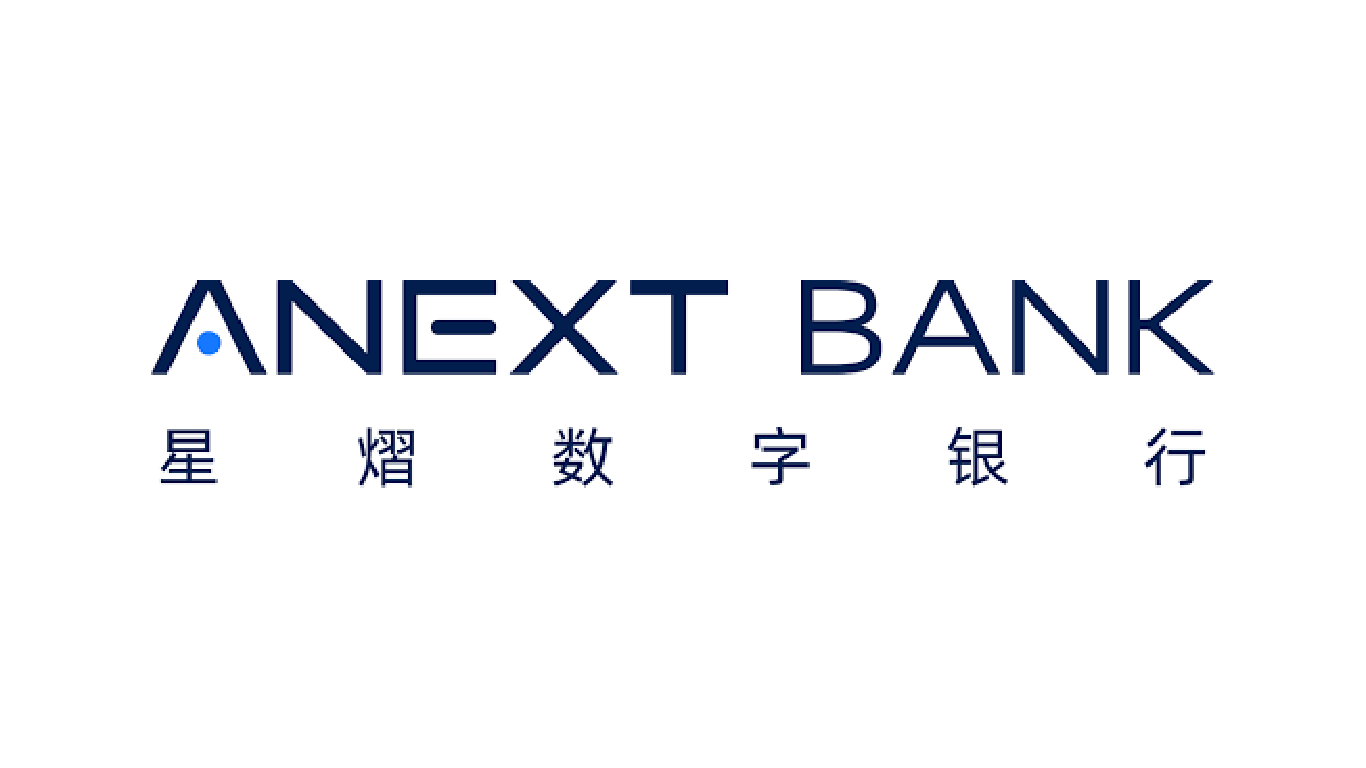
ANEXT Bank, a digital wholesale bank incorporated in Singapore and a whollyowned subsidiary of Ant Group, announced its soft launch today. The soft launch follows its receipt of MAS’ approval to commence business on 2 June 2022. The Singapore-based digital bank will focus on providing digital financial services to local and regional micro, small and medium enterprises, especially those engaging in cross-border operations for growth and global expansion.
Commenting on the soft launch, Ms. Toh Su Mei, the Chief Executive Officer of ANEXT Bank and a banking industry veteran of over 20 years, said: “We believe it’s time to offer the next generation of financial services that are accessible and effortless for growing businesses. Amid rapid acceleration in the digital economy, business models are changing and pivoting to become digital-first, if not adopting a hybrid model. Financial services have to evolve and be where SMEs are doing their businesses digitally.”
“We are well positioned to live up to this vision, leveraging Ant Group’s deep bench of technologies and know-how, along with our customer-obsessed local team dedicated to serving the SME community. Adopting an open and collaborative approach, we believe in joining hands with industry partners and the public sector to provide SMEs with financial services that are simpler, safer and more rewarding,” she added.
The Bank’s soft launch was graced by the Chief Fintech Officer at the Monetary Authority of Singapore (MAS), Mr. Sopnendu Mohanty. Mr. Mohanty said: “This marks yet another milestone in Singapore’s digital bank development journey, a strategic effort to ensure the banking sector remains progressive, globally competitive and vibrant. Continuous innovation and new capabilities that digital banks are slated to bring will no doubt add more engines of growth to Singapore’s financial sector. MAS expects the digital banks to thrive and synergise with our dynamic financial institutions and raise the bar in delivering quality financial services, and to uplift Singapore’s financial sector to better support the growth of SMEs in Singapore, the region and in emerging markets.”
ANEXT Bank also signed a 2-year MoU with Proxtera – the entity supported by MAS, the Infocomm Media Development Authority (IMDA) and private sector entities, to transform and enable holistic cross-border trade among SMEs and businesses through making marketplaces efficient and discoverable globally, with embedded financing, fulfillment services and SME empowerment.
The MoU will see both organisations jointly create and establish an open framework for all participating financial institutions as they provide financing and risk mitigation support for SMEs and platforms in global trades. ANEXT Bank will also be Proxtera’s first participating digital wholesale bank in Singapore to lead the way in providing financing solutions to the buyers and sellers on Proxtera’s network.
Speaking of the collaboration, Mr. Saurav Bhattacharyya, the Chief Executive Officer of Proxtera said: “Proxtera’s commitment is to simplify global trade for SMEs and uplift them with the power of networks, leveraging on modern technology to improve discoverability, accessibility, availability and affordability of innovative digital services. Seamless access and availability of trade financing solutions will help amplify business growth and accelerate expansion for SMEs. This mission is closely aligned with ANEXT Bank’s focus to serve SMEs engaging in crossborder operations. Together with ANEXT Bank’s digital-born identity and digital-first capabilities and services, I’m confident that we can make trade easier, more seamless and efficient for SMEs.”
As part of its soft launch, ANEXT Bank provided a preview of the ANEXT Business Account, a dual-currency deposit account with proprietary security measures including three-factor authentication verification as well as features such as remote onboarding and daily interest. The Bank is also calling on SMEs to share their thoughts on what they hope to see in financial services – it recognises in order to bring about what’s next in financial services, it starts with the needs of SMEs. Entries as well as registrations of interest to open an account is available from today via its website www.ANEXT.com.sg. The ANEXT Business Account will be made available to the general SME community from Q32022.









